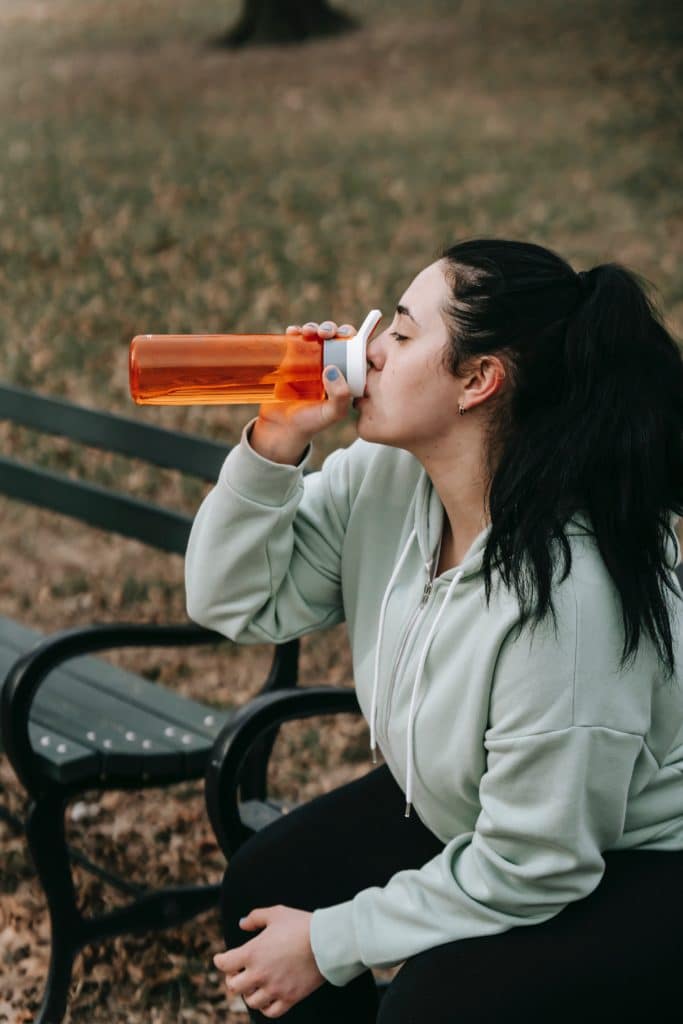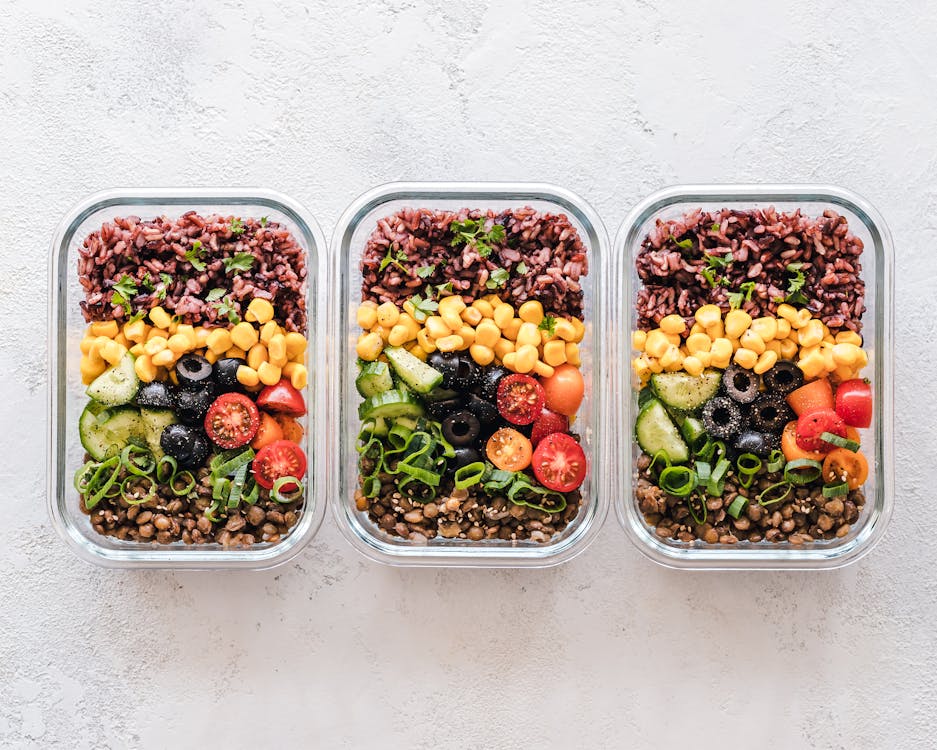Here’s How Fitness and Nutrition can Help Tackle Seasonal Depression
September 27, 2022 • By Olivia Marjorae
Need to ease the winter blues? Keep reading, sis.

As the seasons change, even the cheeriest people can feel slightly off-balance. The days are shorter, the temperatures are dropping, and the motivation to be productive is at an all-time low. So if you aren’t feeling like your best self this autumn and winter, #SweatSisters, you are not alone.
Seasonal Depression is a phenomenon far more common than discussed. The term refers to a cyclical form of depression that tends to occur as the season changes. While seasonal depression is a challenging hurdle, you do not have to suffer. Fitness and nutrition can ease and alleviate symptoms, offering relief to an illness that can often feel debilitating. Keep reading below to find out how!
What It Is
Seasonal Depression, also known as Seasonal Affective Disorder (SAD), is a form of depression that occurs during the same time each year, triggered by the change in seasons. SAD is most common amongst those who live in colder, darker regions, but it is capable of affecting anyone.
Seasonal depression can manifest in many ways, varying from each afflicted individual. However, some common signs and symptoms of seasonal depression are as follows:
- Constant and overwhelming feelings of sadness occurring almost every day.
- Anxiety
- Fatigue, lethargy, or a lack of energy
- Feelings of hopelessness
- Difficulty concentrating
- Moodiness
- Loss of interest
- Trouble sleeping
- Irregular cravings and appetite (overeating, undereating, or unusual cravings)
- Thoughts of death or suicide
Researchers suggest that the two key catalysts behind seasonal depression are:
1. Biological Clock Changes
Your internal clock coordinates your mood, hormone levels, and sleeping patterns. When there is less sunlight, your body’s internal clock shifts accordingly. Adjusting to these internal shifts during autumn and winter can prove difficult for some individuals, resulting in seasonal affective disorder.
2. Brain Chemical Imbalance
Sunlight also directly regulates the brain’s neurotransmitters. Neurotransmitters are brain chemicals that, alongside your nerves, are directly responsible for controlling your mood and emotions. So, for example, when the seasons change, and there is less sunlight, your brain produces less serotonin, known by researchers as the “happy hormone” due to its ability to enhance mood, promote healthy sleeping patterns, etc.
The Role of Nutrition
Research suggests that certain foods can powerfully affect, regulate, and even create neurotransmitters in the body.
According to dietitian Samantha McKinney, “Hormone balance relies heavily on sufficient nutrient status, with macronutrients providing calories through protein, fat, and carbohydrates, and micronutrients through vitamins and minerals that are critical for us to function.”
Carbohydrates found in fruit, starches, and whole grains are proven to release serotonin upon consumption.
Protein-heavy foods, such as meat, poultry, dairy, and legumes, are proven to release dopamine and norepinephrine upon consumption, two neurotransmitters that enhance concentration, alertness, and cognitive function.
The Role of Fitness
According to a study in Science Daily, exercise can regulate hormones, stabilize mood, and relieve and prevent depressive episodes. In addition, the study found that regular physical activity lowered diagnostics of depression amongst those who were genetically predisposed to it.
How does this happen? According to Eudene Harry, MD, “Moderate to high-intensity workouts can lead to an increase in endorphins that temporarily elevate our moods. Research has also shown that regular aerobic exercise increases the size of the hippocampus, which is associated with a reduced risk of depression.”
What You Can Do

1. Meal Prepping
If you find yourself frequently tired or not in the mood to cook, meal prepping is a great way to ensure that you still get the healthy, nutritious meals you need! On Sunday evenings, prep and store enough meals for the week, using the nutrition tips above as a guide.
2. Find a #SweatSister
Having a workout buddy, or #SweatSister, as we like to call them, is the best way to stay motivated for fitness! Partnering up with a friend for scheduled workouts allows the two of you to hold each other accountable and offers a fun incentive for bonding time during your workouts!
3. Vitamin D Supplements
Vitamin D deficiency is a leading catalyst of seasonal depression. Vitamin D, which we primarily receive through sunlight, is known to boost serotonin levels in the brain. When the seasons change and we aren’t getting as much sunlight as ideal, a vitamin D supplement is a great way to improvise!
4. Be patient with yourself
Understand that this time of year can be hard for everyone. Offer yourself the grace, patience, and kindness that you deserve during this time. If you’re feeling out of balance, take a break from your usual routine and offer yourself some good ole TLC instead!
Additional Resources
#SweatSisters, understand that you are never alone! If you are ever struggling and need additional help, you can find it at the push of a button.
Therapy For Black Girls is an online directory of licensed Black female therapists and counselors. With hundreds of providers spanning all across the nation, Therapy For Black Girls is your go-to destination for a therapist just like you!
Better Help is an online platform that makes quality therapy both affordable and accessible. Completely virtual and able to be conducted anywhere and anytime, Better Help matches individuals with licensed therapists and counselors that are most suitable for them at only a fraction of the cost of traditional therapy.
As of July 2022, the National Suicide Prevention Lifeline is now available by both phone and text at the dialing code of 988. If you are ever struggling with intrusive thoughts or a loss of will, text or call 988 immediately to speak with a professional.
How are you feeling lately, #SweatSisters? Talk to us in the comments below!











